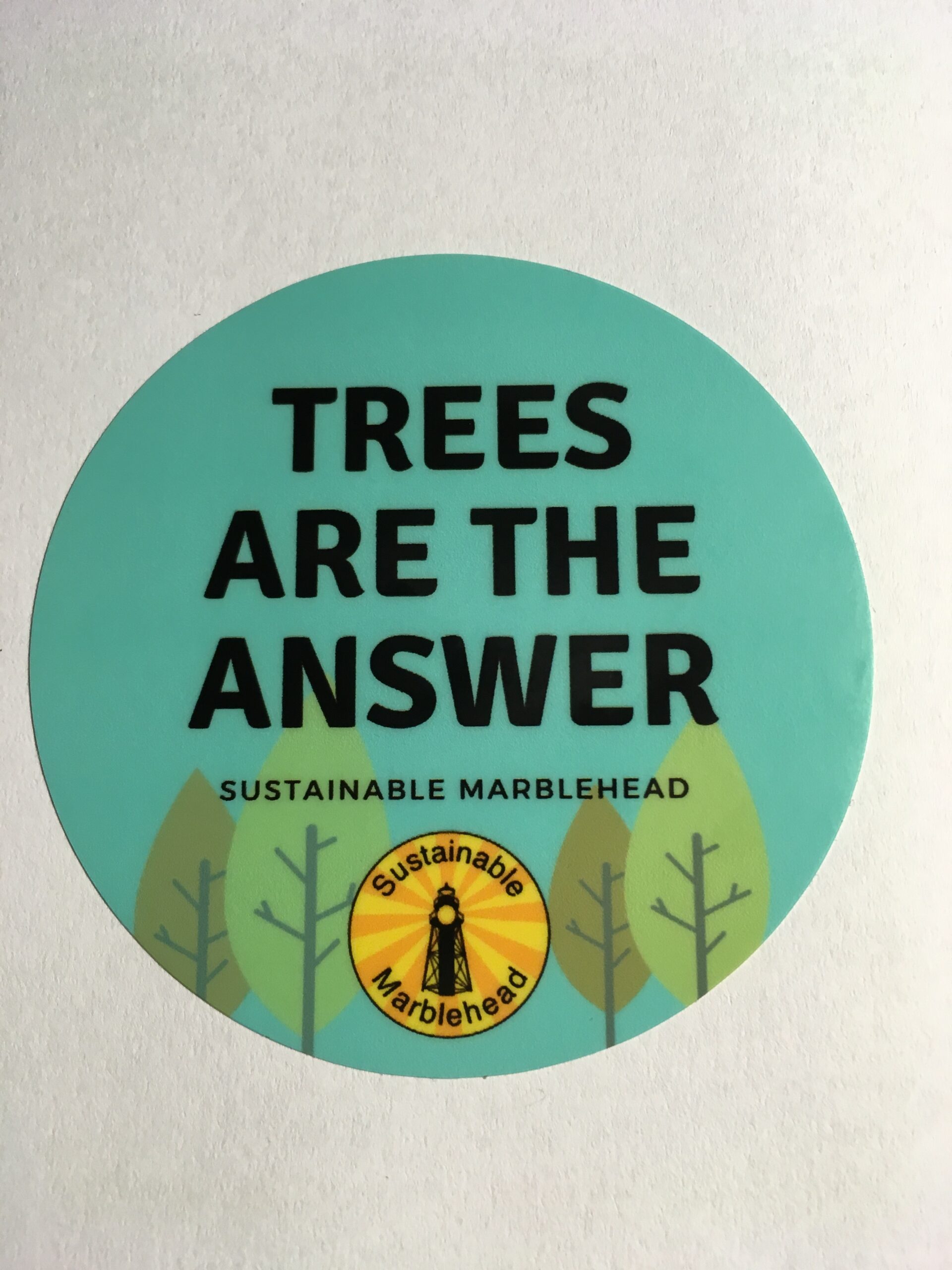With Earth Day coming up this Saturday, Sustainable Marblehead has plans to make the city greener.
As of Tuesday, 27 Marbleheaders volunteered to help the town’s tree warden, Jon Fobert, plant roughly 30 bare root trees on Colgate, Dartmouth, and Cornell Streets at 8:30 a.m. April 29.
Sustainable Marblehead Executive Director Louise Yarmoff said that heavy winds, storms, urban impacts, and diseases have brought down more trees than the town has been able to plant over the years.
“A couple of years ago, we had a microburst in Marblehead — not really a cyclone, but it blew through with this kind of weird wind that came from a different direction than usual and it took out a lot of trees,” Yarmoff said. “Storms that could well be, you know, the result of climate change and more frequent and stronger wind events have brought them down over the years.”
Marblehead planted dozens, if not hundreds, of trees 50 years ago after the Dutch Elm disease killed most of the town’s shade trees. Over the years, Yarmoff said most of the trees have been cut down either due to sickness, storms, or because they impeded sidewalks, roads, or electrical lines.
During the planting event, volunteers will work with Fobert and Sustainable Marblehead members to take an inventory of the town’s tree population.
“It’s important that he [Fobert] knows where all of the street trees are located,” Yarmoff said. “We’re going around with iPads and kind of taking pictures of the trees and entering data into a database that says the condition of the tree. Is it sick? Does it need a limb cut? How big is it? Then he knows what types of trees are located where, which is helpful for planning for the future.”
The bare root trees that will be planted on Saturday are likely to grow rapidly, and will probably serve as a shade canopy for the city in years to come. She added that trees filter air pollutants, lower temperatures in the summer, and help manage stormwater runoff.
“You spend less money on air conditioning in the summer, or if you have more trees, they filter pollutants out of the air, they help avoid huge rain runoffs, and they sequester carbon,” Yarmoff said. “Trees really do have a lot of good benefits for communities.”

